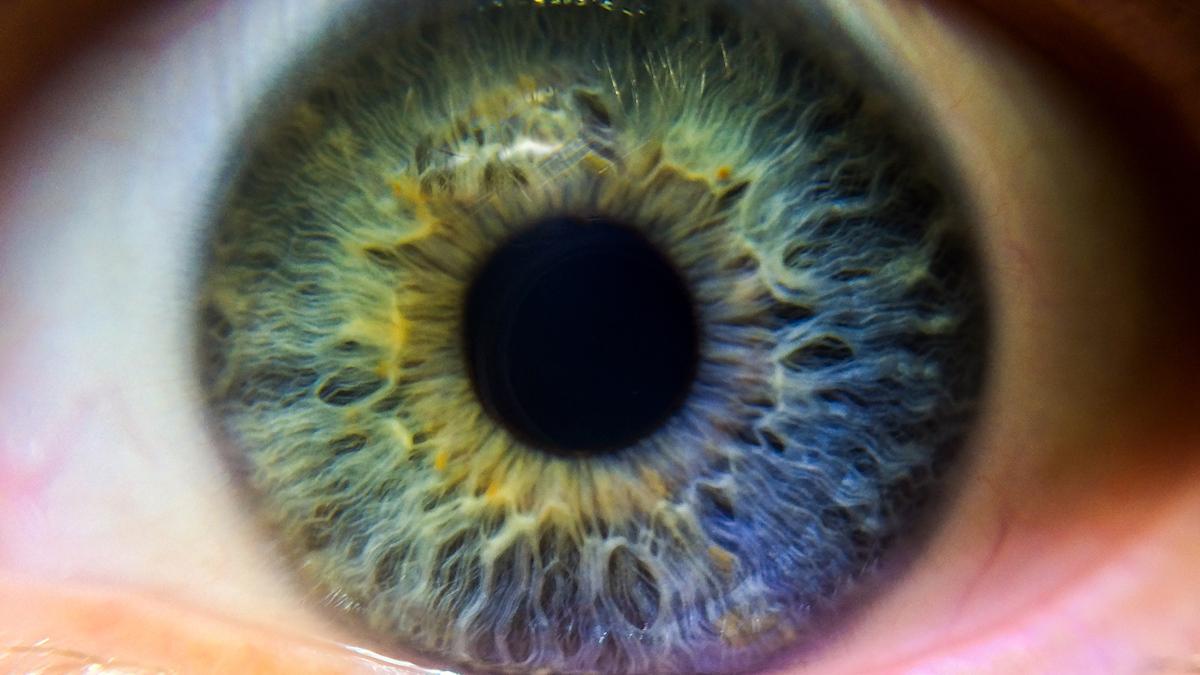After FDA says no, Bayer bags EU nod for twice-yearly Eylea

Bayer has been given a leg up in the competitive market for VEGF therapies used to treat eye diseases like wet age-related macular degeneration (AMD) with a new approval for Eylea 8mg.
The European Commission has cleared the high-strength formulation of Eylea (aflibercept) with an extended treatment interval of up to six months for wet AMD and diabetic macular oedema (DME), becoming the first anti-VEGF candidate to offer such infrequent dosing.
The EU decision comes after the extension to the dosing interval was rejected by the FDA in the US, where Eylea is sold by Regeneron, earlier this year.
Eylea 8mg was first approved in the EU in early 2024 with labelling that supported treatment intervals of up to five months in patients who have completed an initial loading period of three monthly doses, followed by four-monthly injections, and have stabilised vision.
The high-strength version, which complements Bayer and Regeneron's earlier 4mg formulation that required monthly administration, is also approved in Europe for macular oedema secondary to retinal vein occlusion (branch RVO or central RVO) and myopic choroidal neovascularisation (myopic CNV), but the new six-month dosing does not apply to these indications.
As treatment requires injections into the eye, reduced dosing frequency can be a competitive advantage. In Europe, Eylea is competing with rival therapies like Novartis' Lucentis (ranibizumab) and Beovu (brolucizumab) and Roche's Vabysmo (faricimab), which now all require more frequent dosing than Eylea 8mg.
Vabysmo can be dosed every four months in some patients, which has helped it to eat into market leader Eylea's market share, while Lucentis and Beovu need injections every month or two to three months, respectively.
Roche's drug made $4.3 billion in sales last year, while Eylea brought in $9.5 billion between the low- and high-dose formulations, the latter sold as Eylea HD by Regeneron.
Vabysmo is growing at a much faster rate, however, so the new dosing frequency could help Bayer defend its franchise, although, both brands are being affected by the launch of lower-cost biosimilars of Lucentis.
Bayer's global product strategy and commercialisation lead, Christine Roth, said that the new label means that Eylea 8mg "has the potential to establish a new standard of care for retinal diseases."
The decreased frequency of injections and clinic visits "translates to decreased burden of disease for patients and may enhance adherence to treatment," added Roth. "For ophthalmologists, it allows for greater capacity to treat additional patients."












